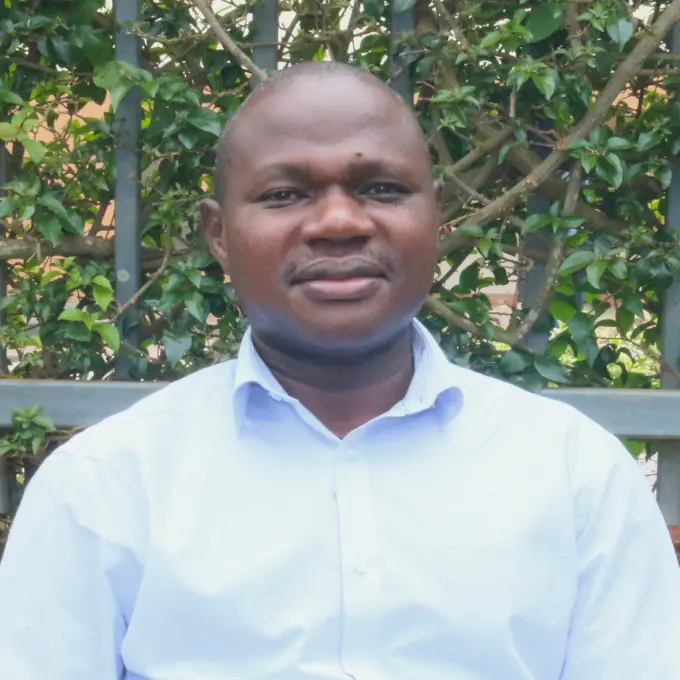Dr. Joseph Kagaayi
.webp)
Dr. Joseph Kagaayi is a Ugandan Medical doctor and a Researcher with a Master of Public Health from Johns Hopkins Bloomberg School of Public Health, Baltimore, M.D., USA, and a Ph.D from Case Western Reserve University, Cleveland, Ohio, USA.
He is a Lecturer with the Makerere University School of Public Health (MakSPH) in the Department of Epidemiology and Biostatistics, where he is an instructor on Health Services Research methods, which include utilization and access to services, measurement of quality and quality improvement, equity, impact evaluation, and economic evaluation.
He has worked and collaborated with the Rakai Health Sciences program (RHSP) for over 23 years on population-based HIV research on HIV Epidemiology; assessment of HIV prevention strategies for mother-to-child HIV transmission; and combination HIV interventions (circumcision, antiretroviral therapy, and socio-behavioral interventions); implementation sciences research on HIV diagnostics, scale-up of antiretroviral therapy, pre-exposure prophylaxis, and TB case finding; and understanding HIV transmission networks using HIV genome sequencing.
His outstanding contributions to science include determining the field effectiveness of single-dose Nevirapine for HIV prevention, the high mortality and morbidity associated with replacement feeding for infants exposed to HIV perinatally, showing the potential for doubling of access to ART using CD4 screening versus clinical staging; development of indices to measure risk of HIV acquisition; showing a reduction of HIV incidence by over 50% with scale-up of combination HIV interventions in HIV highly endemic fishing communities; establishing the very low retention in Truvada-based Pre-Exposure prophylaxis (PrEP); and establishing the evolving age-gender dynamics of HIV incidence over time through HIV genome sequencing.
He has also provided technical support for several cost analyses for HIV programs in Uganda, including adult and pediatric HIV self-testing, the spectrum of HIV prevention and treatment services, cost analyses of the Uganda Universal Health Insurance scheme, and costing of HIV high impact practices including immediate post-partum family planning, use of drug shops and community health workers.





.webp)



